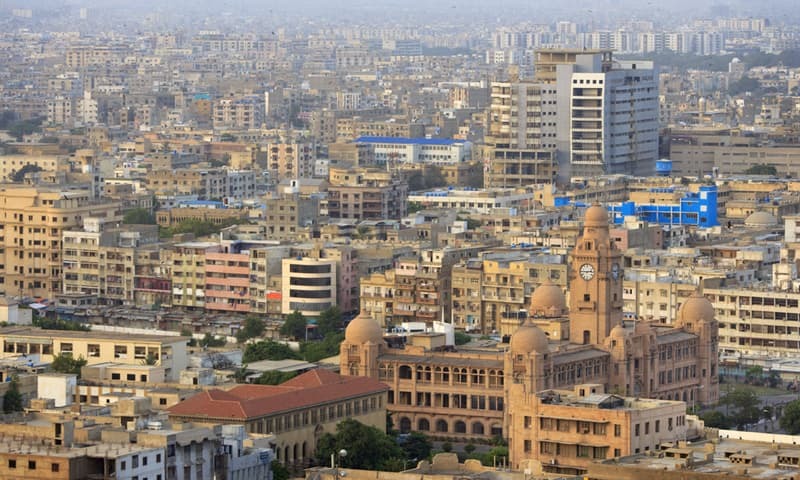Editorial
Urban development refers to the planning and management of the physical, social, and economic aspects of cities and towns. It involves the creation of infrastructure, housing, transportation systems, and public spaces, as well as the provision of services such as healthcare, education, and sanitation. Effective urban development is critical for the growth and development of a nation and state because cities are often the engines of economic growth and innovation.
Methods of urban development can vary, but typically involve a combination of urban planning, transportation planning, and infrastructure development. Urban planning involves the design and management of land use, zoning, and building codes to ensure efficient land use and the provision of public services. Transportation planning involves the design and management of transportation systems, such as roads, public transit, and bike lanes. Infrastructure development involves the construction of physical infrastructure, such as buildings, bridges, and water systems.
The causes of failure of urban development in Pakistan are numerous and complex. One major factor is rapid urbanization, which has led to informal settlements, inadequate infrastructure, and environmental degradation. Other factors include corruption, political instability, and weak governance. The bureaucracy in Pakistan has also been criticized for failing to implement effective urban development policies and programs.
To ensure qualitative and planned urban development in Pakistan, the government should adopt a comprehensive strategy that addresses the root causes of urbanization and the challenges facing urban areas. This strategy should include measures to promote sustainable development, improve land use management, and enhance infrastructure and services. It should also prioritize the participation of local communities and stakeholders in the planning and implementation of urban development projects.
Some recommendations for urban development in Pakistan include:
- Promoting sustainable development by prioritizing energy efficiency, renewable energy, and green infrastructure.
- Developing comprehensive land use plans and zoning regulations to ensure efficient land use and the provision of public services.
- Prioritizing investment in public transportation systems, such as buses and trains, to reduce reliance on private cars and promote sustainable mobility.
- Enhancing access to basic services, such as healthcare, education, and sanitation, in urban areas.
- Encouraging public-private partnerships to leverage resources and expertise for urban development projects.
- Strengthening governance and addressing corruption to ensure effective implementation of urban development policies and programs.
- Empowering local communities and stakeholders to participate in the planning and implementation of urban development projects.
Urban development is a specialized sector. Therefore, general cadre bureaucracy is incapable to transform the sector. Hence, competent and specialized bureaucracy should be restructured to lead and develop the sector of urban development in Pakistan. Then, the institution of local government is critical for urban development. It is the local government that should be empowered to lead the urban development than provincial and federal governments. Urban development is a devolved subject, therefore decentralized operations and mechanisms are required to put in place.
One significant factor is the public private partnership. Government is a regulator not an entrepreneur according to the spirit of liberal democracy. Therefore, it is vital that private sector should invest in the urban development sector and governmental institutions may only regulate them. Regulations means facilitation not obstruction as has been the case with bureaucracy in Pakistan. Lastly, it is critical that Pakistani governments may organize the urban development on priority to meet out the challenges of migration and urbanization.

















































